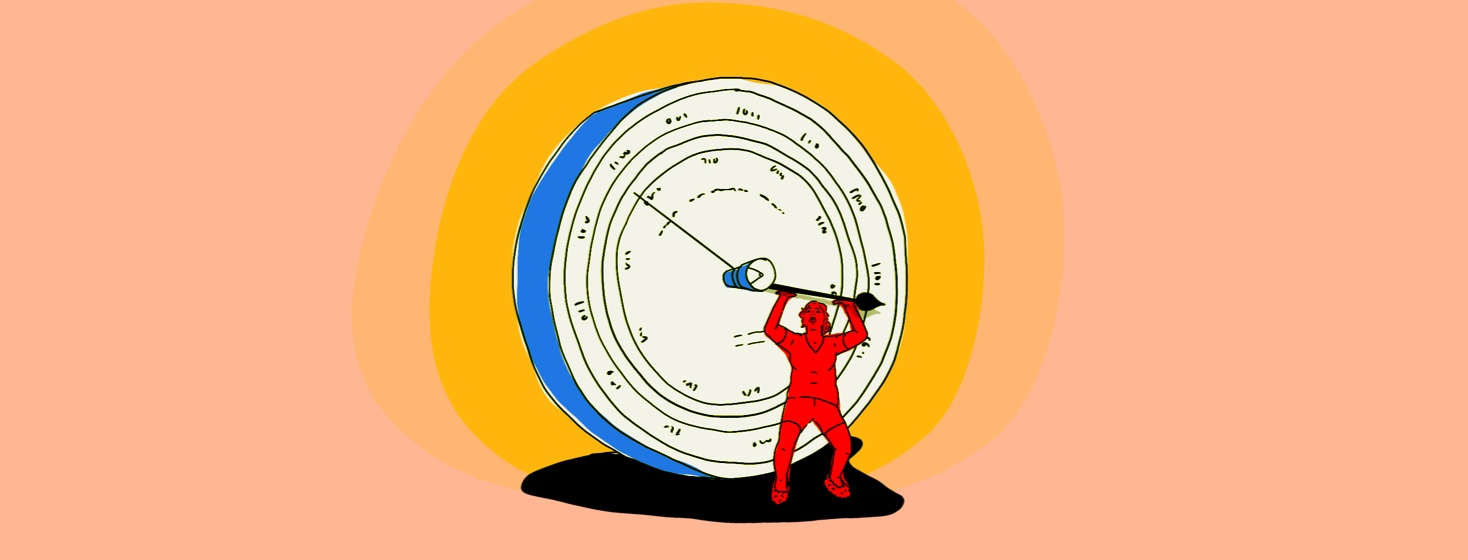Postpartum Depression or Not Meant to Be a Mom?
As someone who works in mental health and a mother of 2, following online postpartum groups like Reddit have been so helpful. These are rooms where mothers come and share hard-hitting questions. A question I read recently hit home with me: "Am I suffering from postpartum depression, or just not cut out to be a mom?"
Don't feel bad about having doubts
So many of us fear asking this question, which should be met with candor and kindness. Don't feel bad if you’ve ever asked it – I have been there.
This article is a resuscitation of that question, and also of my own PPD. Although I am not a trained therapist (you should talk to someone if you suspect PPD), I wanted to share my experience so that you know feeling this way doesn’t make you a bad mom.
Am I not meant to be a mom?
I remember scouring social media after my first child's birth and seeing other mothers who looked so satisfied. While I was drowning, feeling rundown, and full of questions like, "Why don't I feel that way?" or "Maybe I'm not made to be a mother."
So I did my best to put these thoughts out of my mind, but inside, I fell short. Only when I started therapy did I learn that these thoughts were not about how good I was at being a mother – they were symptoms of postpartum depression.
I was taught in therapy that PPD is not gender-based. No one is safe, not even the mom who loves her baby the most or was prepared for birth. If you feel this way, you're not a bad mom. Your body and brain are saying "help."
Motherhood doubts and symptoms of postpartum depression
Postpartum depression isn't "baby blues." It's a mental illness that can hit any time during the first year of parenthood. The signs are varied but include the following:
- Persistent sadness or emptiness
- Fatigue or lack of energy
- Feeling disconnected from your baby
- Mood swings or irritability
- Sleep difficulties, sleeping too much/hard sleep, etc.
- Feelings of worthlessness or guilt
These symptoms can baffle you. However, with the proper support, PPD can be treated.
The toll of pregnancy and birthing
In my life and studies, I have found that the body suffers greatly when pregnant. I like to think of it as your computer. During pregnancy, your baby "chews" on your computer to grow. This naturally drains energy and nutrients, so prenatal vitamins are crucial.
But what about postpartum? The pressure doesn't end with the baby. Hormonal changes, lack of sleep, and general physical rejuvenation can sap you of every resource. That is why, for me, postnatal vitamins and treatment were just as essential after birth.
You're not at fault for being burnt out or overworked. Biology makes it so. Knowing this, I could start recovering with more empathy for myself.
You're not a bad mom
This is the most widespread misperception of postpartum depression: it's what you are as a mom. I thought I wasn't cut out for being a mom because I was so sad and feeling unfit. But now I know that those thoughts are a PPD symptom and not reflective of my ability to be a mother.
If there is anything I hope you can learn from all this, you aren't a bad mom if you feel like this. It makes you human. One of the best actions you can take is to seek help (whether from your partner, family, or mental health professional).
Seeking help for postpartum depression
For anyone who wants to know more about PPD, there are some things you can do:
- Check with your physician: Your OB-GYN or primary care provider can refer you to resources or therapy.
- Be with others: Attend support groups online or in person so you don't feel lonely.
- Self-care: Even simple things such as eating well, exercising, or sleeping in can help.
- Get some help in therapy: See a qualified therapist to support managing your emotions and devising ways to cope.
This or That
When it comes to your treatment, do you...
Motivated by the postpartum community
When I read posts like "Am I just not meant to be a mom?" in postpartum communities, I understand why so many moms are feeling that – and why we should discuss it.
If you’re not doing well, don't despair. Postpartum depression is not a barometer of whether you can parent. You are more than enough. You can be yourself again with help.
